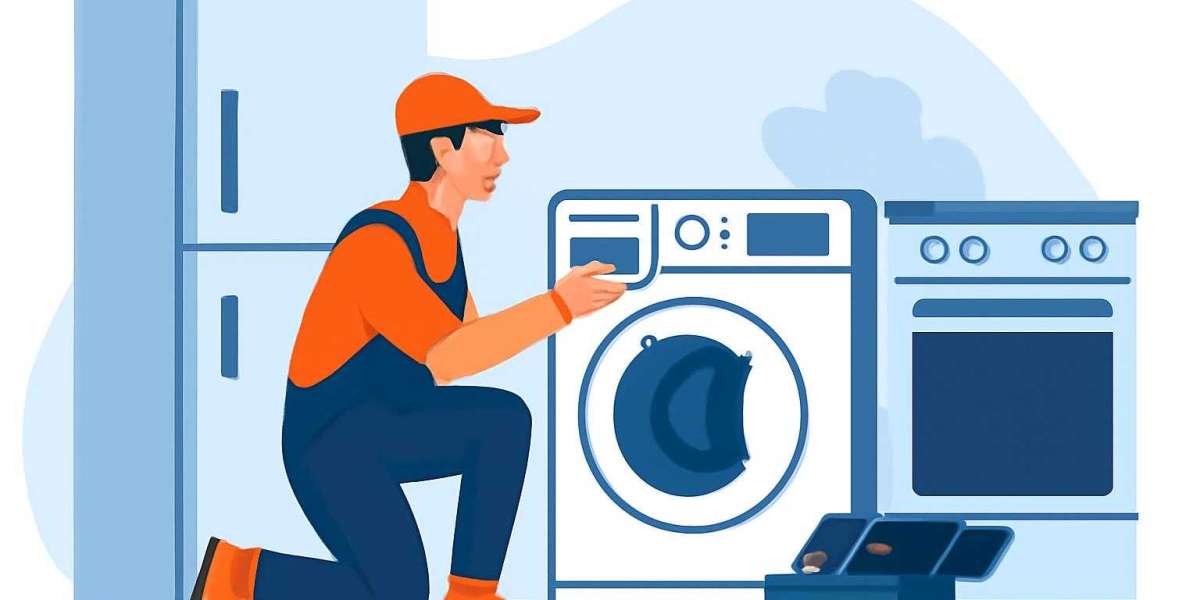Household appliances are significant investments, and like any complex machinery, they require proper care to reach their full potential lifespan. Many homeowners operate on a "run it until it breaks" mentality, but this approach often leads to premature failures and costly emergency repairs. Understanding the typical lifespan of your major appliances and implementing a consistent maintenance schedule is the key to maximizing their efficiency, reliability, and longevity. This proactive approach not only saves money on utility bills and replacement costs but also helps prevent the sudden inconveniences that disrupt family life. A little regular attention can add years of service to your most relied-upon machines.
So, how long should you expect your appliances to last? While build quality and usage patterns cause variations, general guidelines exist. Refrigerators typically last 10 to 15 years, while dishwashers and washing machines have a lifespan of about 10 years. Dryers often can reach 13 years, and ranges/ovens may function for 15 years or more. Microwaves generally last about 9 years. These numbers are not guarantees but averages; a well-maintained unit can exceed them, while a neglected one may fail much sooner. The goal of maintenance is not just to keep an appliance running, but to keep it running efficiently, as a poorly maintained unit will consume more energy and water long before it completely breaks down.
Creating a simple maintenance calendar is an effective strategy. For your refrigerator, a crucial task is cleaning the condenser coils every six months; dusty coils force the compressor to work harder, increasing energy costs and straining the system. You should also check and replace door seals if they are no longer airtight. For your dishwasher, periodically cleaning the filter trap and running a cleaner through an empty cycle prevents clogs and odors. With your washing machine, inspecting hoses for bulges or leaks and cleaning the detergent dispenser can prevent floods and mold. For dryers, the most critical safety and efficiency task is cleaning the lint trap after every load and ensuring the exterior vent is clear of debris annually.
Even with diligent maintenance, components will eventually wear out. When a complex issue arises, such as a compressor failure in a refrigerator or a control board malfunction in an oven, it is time to seek professional assistance. Attempting a complicated repair without the proper training and tools can be dangerous and may cause further damage. A certified technician can accurately diagnose the problem, source the correct parts, and execute the repair safely. For those in the capital region seeking to extend their appliance's life, timely Edmonton appliance repair from a qualified service can be the deciding factor between a machine that lasts a decade and one that fails prematurely. This professional intervention is a key part of a comprehensive maintenance strategy.
In conclusion, viewing appliance care as an ongoing responsibility rather than a reactive chore is a wise household management practice. By familiarizing yourself with the expected lifespans of your appliances and adhering to a straightforward maintenance schedule, you take control of their performance and longevity. This proactive stance minimizes unexpected breakdowns, optimizes energy consumption, and protects your financial investment. Ultimately, the time and effort spent on simple upkeep are minor compared to the cost, hassle, and disruption of a major repair or a full appliance replacement.







